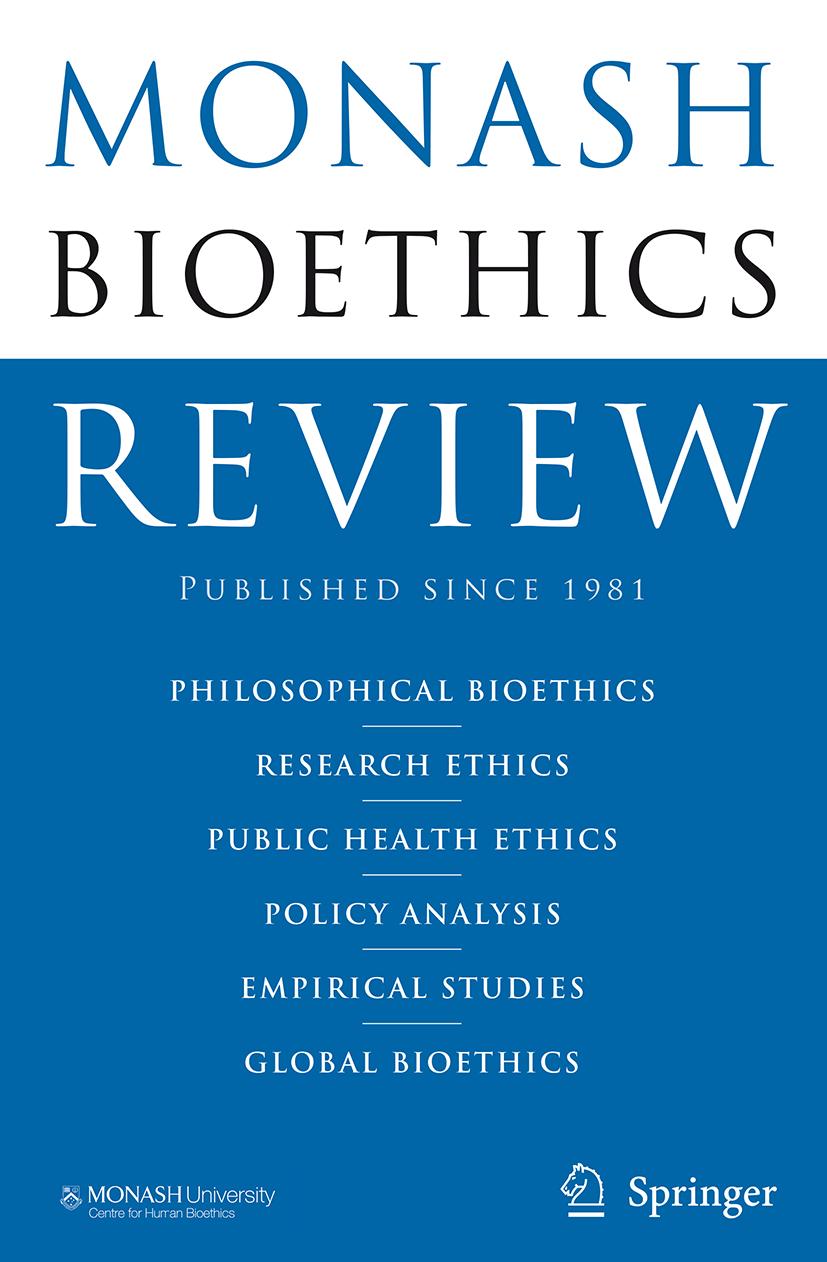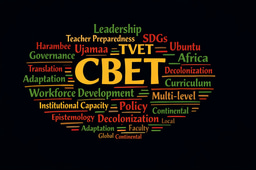Human Genetic Enhancement and Eugenics in Singapore
Published in Healthcare & Nursing, Social Sciences, and Genetics & Genomics
Please also see the slide presentation videos:
Please also read the related article in "The Japan Times":
‘Confugenics’ and East Asia's demographic crisis
The educational landscape in Singapore is well-known to be highly-competitive. A recently-published academic study reported a significantly higher approval rating of human cognitive enhancement via new IVF genetic (reprogenetic) technologies such as polygenic embryo screening and gene editing among Singaporeans, as compared to American respondents in a similar previous survey. Some caveats on whether Singapore should permit cognitive enhancement to improve educational outcomes are thus discussed.
The first caveat relates to arguments that the autonomy of cognitively-enhanced offspring is increased by improving their reasoning ability. However, this is unlikely in a hypercompetitive shame-based Confucian society like Singapore, where individuals often experience personal dissatisfaction due to perceived falling behind their peers. Instead, the autonomy of the cognitively-enhanced offspring would most likely be curtailed by the heavy-handed "tiger-parenting" approach of their parents, who would have "heightened" expectations after investing so much money on such technologies.
The second caveat relates to arguments that cognitive enhancement can improve the overall well-being and personal happiness of the offspring. However, these cognitively enhanced offspring may have unique motivations and aspirations that might not align with the idealized visions and heightened expectations of their parents and society. This disconnect could result in a decrease in their personal happiness and overall well-being, particularly if they struggle to fulfill unrealistic expectations imposed by their parents and society.
In Singapore's competitive educational landscape and shame-oriented Confucian culture, an individual's happiness and sense of fulfillment are often dependent on their ability to outperform or keep up with their peers. Permitting cognitive enhancement through such technologies would only exacerbate the "Red Queen" principle, whereby increasing effort would be required from cognitively-enhanced offspring to maintain their relative social or academic position in competition with their peers who have also received similar cognitive enhancements.
The third caveat relates to arguments that cognitive enhancement can potentially improve the future prospects and life success of the offspring. However, in Singapore, good academic qualifications are no longer sufficient to guarantee job prospects and career success for cognitively-enhanced offspring. The rapid development of higher education in Singapore and other Asian countries has led to a surplus of overqualified university graduates, with at least eight out of ten young adult Singaporeans currently having a post-secondary tertiary qualification. This has created an imbalance in the local job market, which increasingly faces shortages of workers with relevant technical and vocational skills.
In recent years, the Singapore government has increasingly recognized this disparity as a significant social issue in Singapore and emphasizes the need for educational reforms that align with labor market needs. Permitting cognitive enhancement with polygenic embryo screening or gene editing could worsen the current imbalance, increasing the oversupply of university degree holders in the already saturated job market and worsening the shortage of workers with relevant technical/vocational skills. This could lead to rampant youth employment and political discontent.
Singapore government policymakers should look closely at other Asian countries to understand the social ills of an intensely competitive educational system that produces a surplus of overqualified university graduates. In Japan and South Korea, many university graduates face limited employment opportunities and are often forced to accept low-paying part-time or temporary jobs with scant benefits, contributing to the "gig economy." In mainland China, many overqualified university graduates find themselves in blue-collar jobs, leading to a growing sense of disillusionment and social alienation among unemployed or underemployed youths.
The fourth caveat relates to arguments that permitting the widespread and liberal use of cognitive enhancement might somehow "level the playing field" to promote a higher level of socioeconomic equality. This may hold true under ideal conditions with perfect distributive justice whereby the offspring of all families receive cognitive enhancement, with the state subsidizing poorer families. But in reality, this is neither financially viable nor politically acceptable. The high costs of such technologies and accompanying clinical assisted reproduction procedures, would make these prohibitively expensive and restrict access for families of lower socioeconomic backgrounds. It is anticipated that there will be a lack of political will for the state to subsidize cognitive enhancement for poorer families because such expensive medical procedures are neither health- nor life-saving. As these advanced technologies are predominantly available only to wealthier families, cognitive enhancements are likely to be disproportionately allocated to the affluent, further increasing existing socioeconomic inequalities. This could exacerbate racial tensions within Singapore's multiracial society, where significant socioeconomic disparities already exist between different ethnic groups. The resulting increased marginalization of ethnic minorities through widespread use of such cognitive enhancement technologies would be inimical to the Singaporean government's efforts to promote a more harmonious, inclusive and cohesive society.
The fifth and final caveat relates to the rapidly aging population and plummeting birthrates of Singapore, and the possibility that highly-expensive cognitive enhancement technologies could further accelerate the country's demographic decline due to the heavy financial burden that these will impose on prospective parents. As already discussed, the Singapore government is unlikely to subsidize such new reprogenetic technologies for cognitive enhancement, as these are neither life- nor health-saving. Nevertheless, social and peer pressure may make it difficult for prospective parents to resist using such technologies to give their offspring the “best start in life”. However, without state subsidies, prospective parents will have to bear the brunt of the high costs of these new technologies, which will make them hesitant to consider begetting more offspring. Hence, it is anticipated that many couples who originally desired to have two or more children will eventually settle to having just one "superior cognitively-enhanced" child due to the heavy financial burden involved. This might possibly accelerate Singapore's demographic decline, which would have dire consequences for its future economic growth and long-term survival as a nation-state.
In conclusion, Singapore healthcare policymakers have to carefully consider these aforementioned caveats and rigorously evaluate the potential social repercussions of permitting such technologies for cognitive enhancement. Sociocultural differences may lead to differences in prioritization of healthcare policies in Singapore versus Western countries, with more emphasis being given to overall harm or benefit to society, rather than patient autonomy and individual choices.
Follow the Topic
-
Monash Bioethics Review

This journal provides comprehensive coverage of traditional topics and emerging issues in bioethics and is especially concerned with empirically-informed philosophical bioethical analysis with policy relevance.
Related Collections
With Collections, you can get published faster and increase your visibility.
Migration Health Ethics
Publishing Model: Hybrid
Deadline: Dec 31, 2026






Please sign in or register for FREE
If you are a registered user on Research Communities by Springer Nature, please sign in